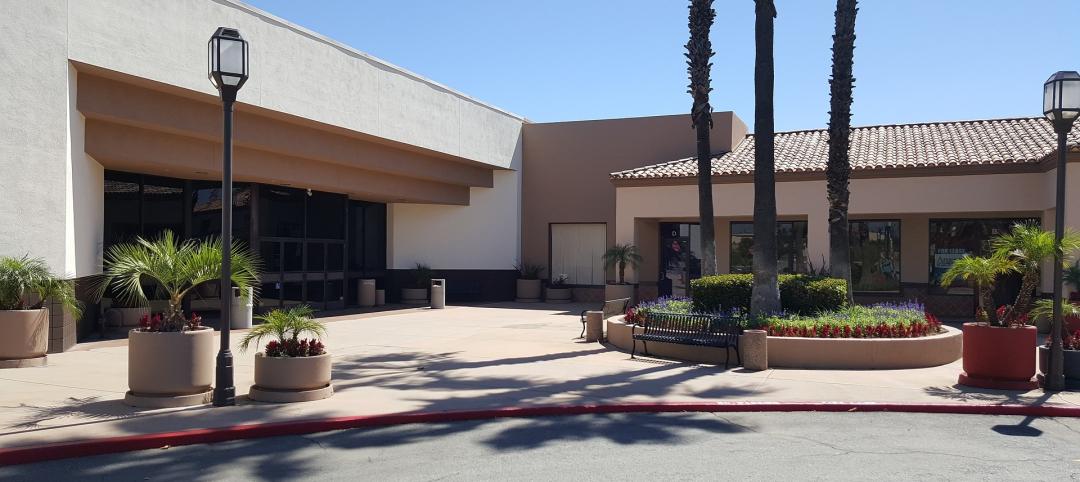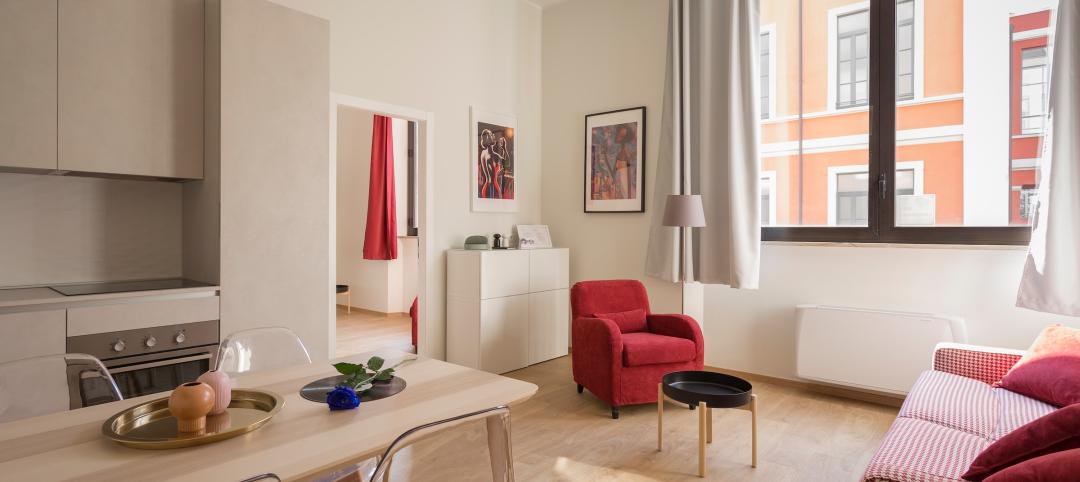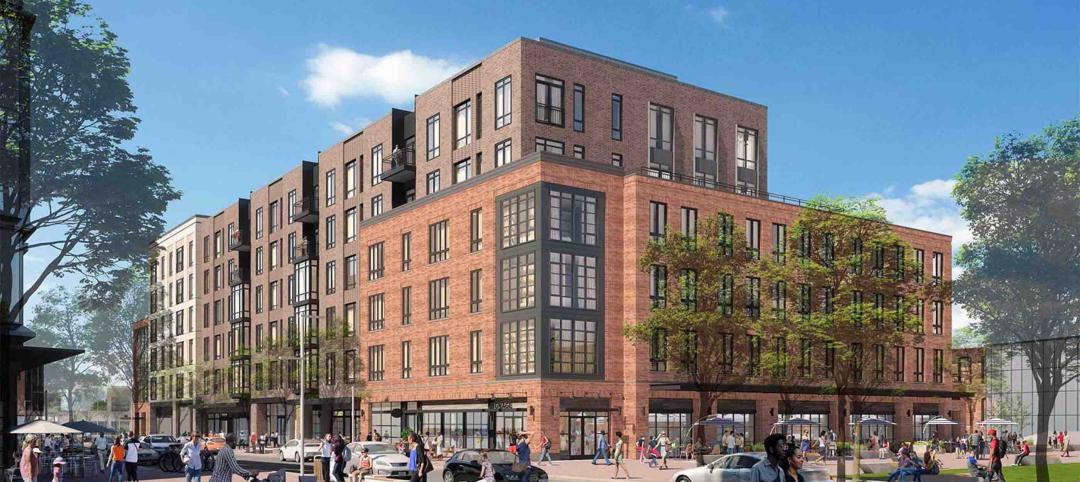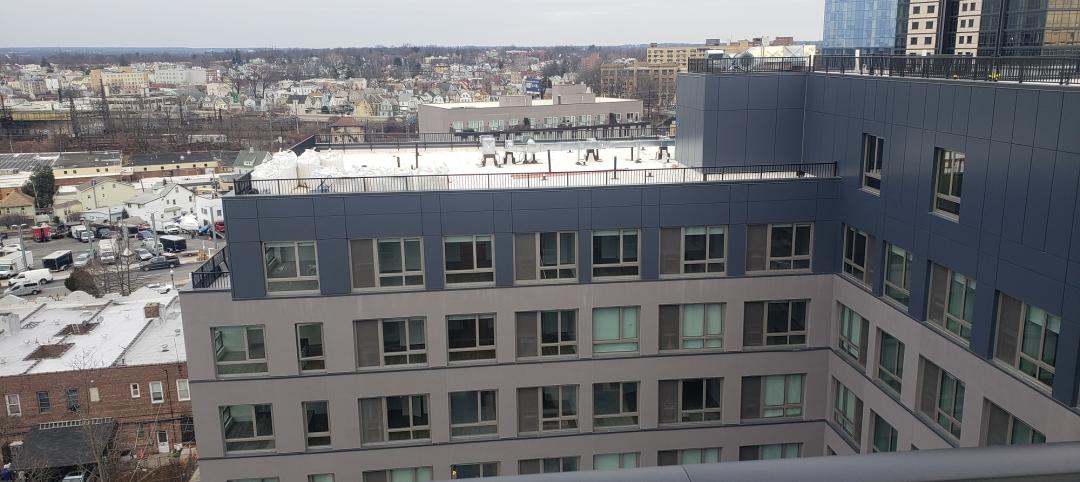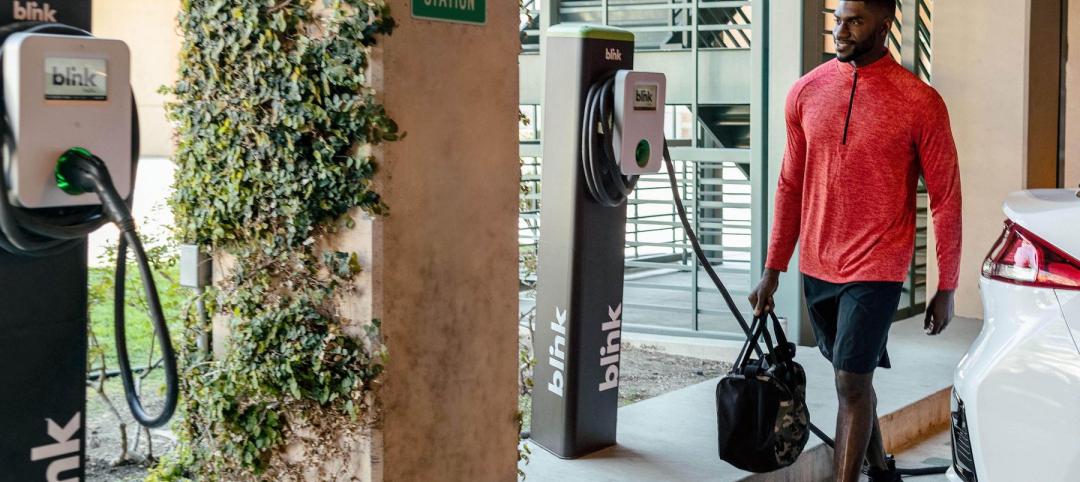Felicite Moorman remembers receiving a call from a multifamily property manager whose building was struggling with its thermostat system. “For one thing, the system wasn’t designed for multifamily; for another thing, the system had very little property management control capability,” she recalls.
The year was 2013, and Moorman was CEO of BuLogics, which specializes in providing wireless solutions for the Internet of Things. Her company had just launched StratIS, a wireless access, energy, and automation control, whose app gives property owners and managers the ability to create setbacks on thermostats and heating systems.
In short order, StratIS has made an imprint on the market. In 2014, it established a partnership with Jonathan Rose Companies, a green real estate policy, development, project management and investment firm, through which StratIS installed its pilot systems. Last year, StratIS struck a partnership with the door hardware manufacturer Schlage, which had introduced its Schlage Control Smart Locks that are designed for multifamily property owners, and whose ENGAGE technology enables lock control from the cloud via mobile applications that are compatible with StratIS’s access platform.
By late November 2015, StratIS had at least one of its products in 72,000 multifamily and hotel units in between 250 and 300 buildings. Moorman tells BD+C that between 14,000 and 20,000 of those units are student housing built by American Campus Communities. StratIS’s products also found their way into student housing developed and managed by Campus Apartments.
StratIS markets its software through distributors, integrators, and installers. “We give them something extra to sell,” says Moorman. She adds that StratIS’s products are relatively easy to install in new builds or renovations, with minimal resident disruption. “We precommission everything, which cuts down on the [complexity] of installation. I also test everything on my seven-year-old, and if she can’t use it, we try to figure out what happened.”
Property managers have the option of allowing renters to download StratIS’s thermostat-control app as part of their lease agreement.
Moorman says the next horizon for StratIS could be key cards, although she concedes there is far greater potential liability using this kind of technology for access into multifamily homes than in hotels. Longer term, Moorman sees opportunities for StratIS developing access- and HVAC-control products for the single-family housing market, which she acknowledges will be more competitive.
Related Stories
MFPRO+ News | Nov 21, 2023
Underused strip malls offer great potential for conversions to residential use
Replacing moribund strip malls with multifamily housing could make a notable dent in the housing shortage and revitalize under-used properties across the country, according to a report from housing nonprofit Enterprise Community Partners.
MFPRO+ News | Nov 21, 2023
Renters value amenities that support a mobile, connected lifestyle
Multifamily renters prioritize features and amenities that reflect a mobile, connected lifestyle, according to the National Multifamily Housing Council (NMHC) and Grace Hill 2024 Renter Preferences Survey.
Sustainability | Nov 20, 2023
8 strategies for multifamily passive house design projects
Stantec's Brett Lambert, Principal of Architecture and Passive House Certified Consultant, uses the Northland Newton Development project to guide designers with eight tips for designing multifamily passive house projects.
MFPRO+ News | Nov 15, 2023
Average U.S multifamily rents drop $3 to $1,718 in October 2023: Yardi Matrix
Multifamily fundamentals continued to soften and impact rents last month, according to the latest Yardi Matrix National Multifamily Report. The average U.S. asking rent dropped $3 to $1,718 in October, with year-over-year growth moderating to 0.4%, down 40 basis points from September. Occupancy slid to 94.9%, marking the first decline in four months.
Industrial Facilities | Nov 14, 2023
Some AEC firms are plugging into EV charging market
Decentralized electrical distribution is broadening recharger installation to several building types.
MFPRO+ Special Reports | Nov 14, 2023
Register today! Key trends in the multifamily housing market for 2024 - BD+C Live Webinar
Join the BD+C and Multifamily Pro+ editorial team for this live webinar on key trends and innovations in the $110 billion U.S. multifamily housing market. A trio of multifamily design and construction experts will present their latest projects, trends, innovations, and data/research on the three primary multifamily sub-sectors: rental housing, senior living, and student housing.
Multifamily Housing | Nov 9, 2023
Multifamily project completions forecast to slow starting 2026
Yardi Matrix has released its Q4 2023 Multifamily Supply Forecast, emphasizing a short-term spike and plateau of new construction.
MFPRO+ News | Nov 1, 2023
Washington, D.C., Queens, N.Y., lead nation in number of new apartments by zip code
A study of new apartment construction by zip code showed Washington D.C., and the Queens borough of New York City are the hottest multifamily markets since 2018, according to RentCafe.
Adaptive Reuse | Nov 1, 2023
Biden Administration reveals plan to spur more office-to-residential conversions
The Biden Administration recently announced plans to encourage more office buildings to be converted to residential use. The plan includes using federal money to lend to developers for conversion projects and selling government property that is suitable for conversions.


